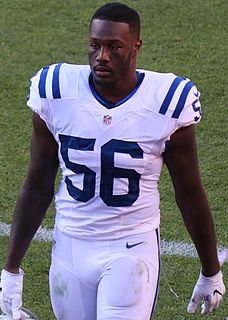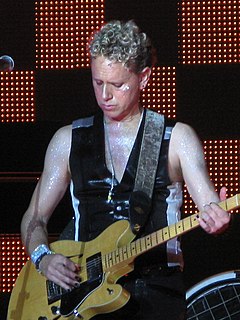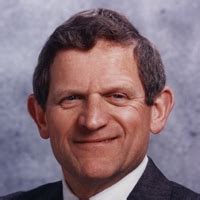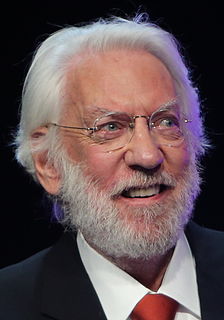A Quote by Terry Pratchett
And so the children of the revolution were faced with the age-old problem: it wasn't that you had the wrong kind of government, which was obvious, but that you had the wrong kind of people. As soon as you saw people as things to be measured, they didn't measure up.
Related Quotes
The SNP became a minority government in 2007, then a majority one in 2011. But Labour viewed what was happening as some kind of aberration. They felt the problem wasn't theirs: they didn't have to change; the Scottish people had just gone down this wrong road, and if they waited long enough, they would find their way back.
Coming from a sort of very rigid European type of training to this culture which is just a little more open - a lot more open, and kind of curious, and asking different sorts of questions.Because the problem for me was that the European modernist movement in the '70s was all about right or wrong. Some things were right and you were dealing with the truth, as it were, and then some things were wrong and therefore not allowed.
I'd always thought of myself as an open-minded person. I had no patience with anyone who put down other kids because of their race, religion, or sexuality. But that's just one kind of open-mindedness. There's another kind, too, the kind that's willing to see people for who they really are and admit when you were wrong about them. That's the part I still need to work on.
The idea of being a 'child star' always sounded awful to people my age, and so I was just very aware that these things are kind of fleeting and that a lot of it didn't have to do with me: it had to do with my age; it had to do with whatever came to mind when people thought of a young internet sensation.
I had a lot of friends, but none of them I felt super close with. Now that I'm older, I can look back on my teenage self and kind of see the things I did wrong and the things I did right, what affect they had on me, and what affect they had on other people. I can look at it in a much more conducive way to storytelling.
I was born with the wrong sign
In the wrong house
With the wrong ascendancy
I took the wrong road
That led to
The wrong tendencies
I was in the wrong place
At the wrong time
For the wrong reason
And the wrong rhyme
On the wrong day
Of the wrong week
Used the wrong method
With the wrong technique
Wrong
Wrong.
At the meeting I argued that the state had given us no alternative to violence. I said it was wrong and immoral to subject our people to armed attacks by the state without offering them some kind of alternative. I mentioned again that people on their own had taken up arms. Violence would begin whether we initiated it or not. Would it not be better to guide this violence ourselves, according to principles where we saved lives by attacking symbols of oppression, and not people? If we did not take the lead now, I said, we would soon be latecomers and followers to a movement we did not control.



































